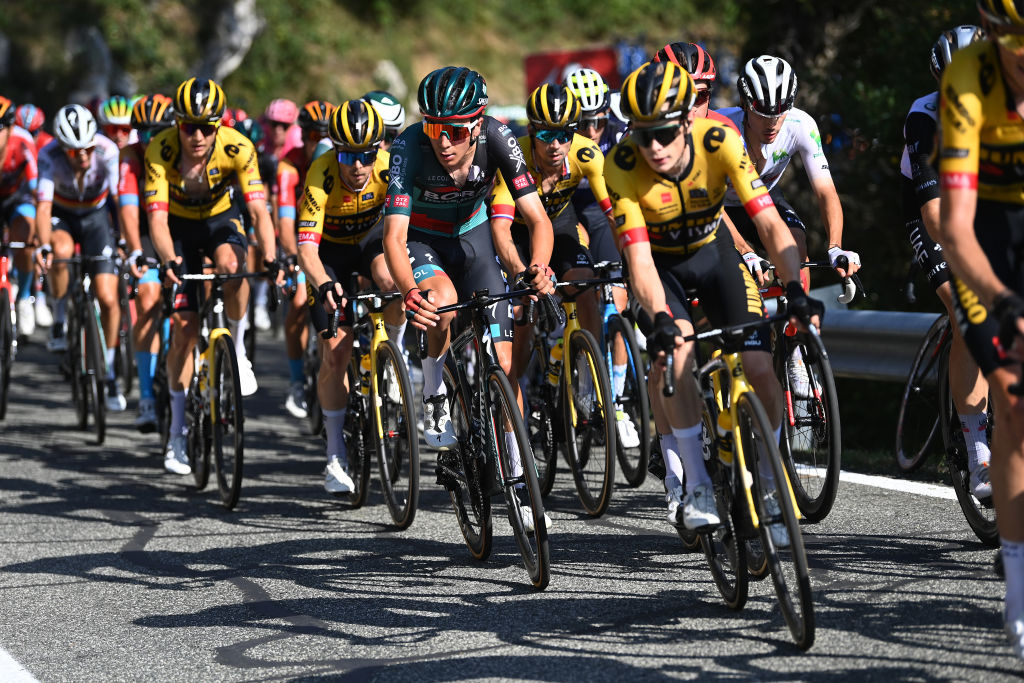
The UCI have rewritten the rule book on rider transfers, threatening riders, teams and agents with fines and suspensions if they try to unilaterally break contracts and push through transfers.
The new rules were apparently drafted after Cian Uijtdebroeks sparked a dispute with Bora-Hansgrohe, with the German team eventually agreeing to let the talented young Belgian join Visma-Lease a Bike.
The growing risk of teams poaching riders already under contract with rival teams and ever more complex employment laws, were also factors in the several pages of new UCI rules governing transfers. Several riders, including Wout Van Aert, have faced legal battles after trying to break their contracts in the past.
The new rules quietly came into force on June 17, with swathes of red ink highlighting the changes.
The two so-called rider ‘registration periods’ remain, with the first from 1 to 15 August for in-season transfers and rider registration. The second lasts from 15 October to 31 December and applies to the registration of riders for the following year.
There are no specific rules on riders and their agents talking to other teams during an existing contract and most big-name transfer and rider contract negotiations for 2025 have been done and agreed upon. However, a change of teams can only be announced after August 1.
Any attempts by riders and teams to unilaterally break their contracts will now be scrutinised by a UCI Arbitral Board, with the UCI detailing the punishment for any contract terminations deemed to be “unlawful by the competent authority.”
“The rider and the UCI WorldTeam shall be jointly and severally liable for the payment of compensation to the rider’s previous team for an amount corresponding to the residual remuneration under the contract with the previous team. The amount shall not be less than six months’ salary,” the new rules state.
The UCI WorldTeam could also be fined three months of the rider’s salary and banned from registering new riders for 12 months. Riders risk a three-month suspension from racing, while their agents could be fined the amount of a rider’s monthly salary.
To avoid a clash with European employment law, riders can avoid punishment if they change teams without a salary increase. However, the new rules and punishment act as a clear deterrent against riders and their agents sparking a power struggle with their existing teams so they can move to rival teams for a higher salary.







